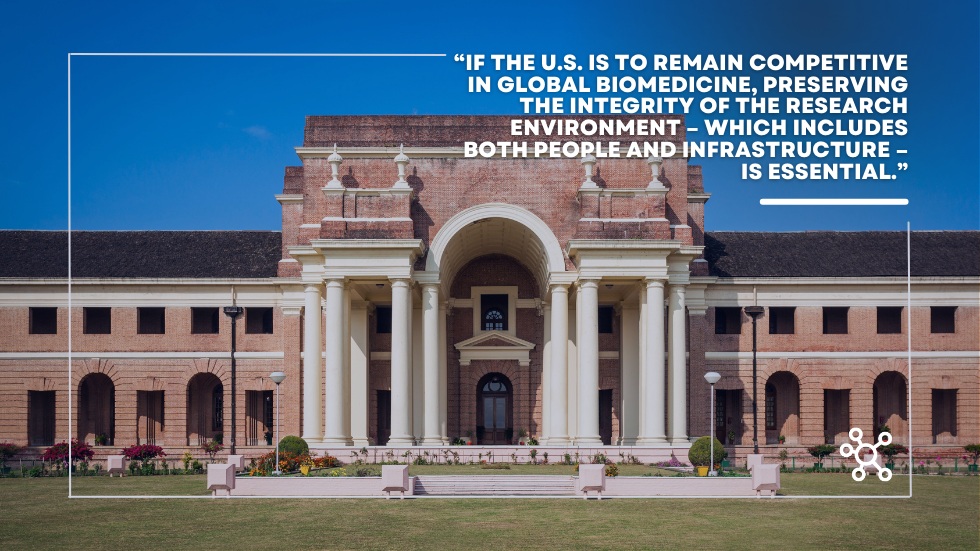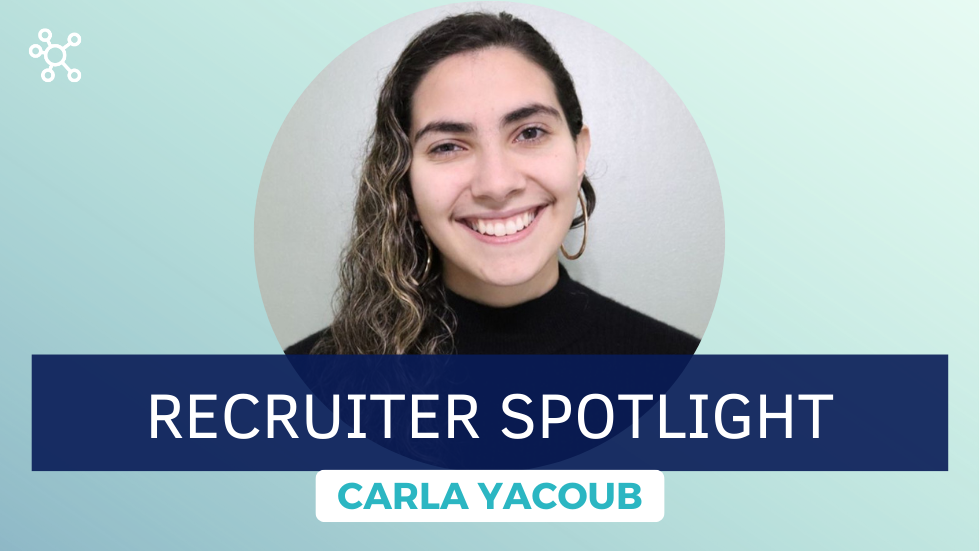As a life sciences professional, interviewing candidates is an important final step in what may have been a long hiring process. Getting the right hire can mean the difference between building a “good” team vs. having a “great” one.
However, at many companies, HR leaders and team managers haven’t updated their hiring procedures or taken the time to customize the recruitment process. In the “if it ain’t broke, don’t fix it” guise, many organizations go through the same basic routine they’ve done for years and fail to make the changes that would result in more effective interviewing and, therefore, stronger teams with less turnover.
While it’s not necessary to completely start from scratch when it comes to your interviewing techniques, it’s important to understand that markets shift, applicants change, and, especially during COVID-19, systems for interviewing and onboarding have become more flexible.
The following are three danger signs to watch out for – with suggestions on how to remedy your processes:
1. Your Interviews are Too Short and you’re all asking the same questions
A short interview – of 20 minutes or less – is not only insufficient to learn all of the necessary information about a candidate, it’s also disrespectful. Candidates spend weeks researching organizations, filling out applications, and doing their due diligence. To arrive at an interview only to walk out of the door less than half an hour later is anticlimactic at best, and harms your company’s reputation at worst. Adding to the insult of a short interview, interview teams are often not assigned to focus on areas of competence or skill and default to redundant, predictable, questions that fail to uncover a candidate’s true capabilities, strengths, and weaknesses.
Solution: Try not to rush things. Learn a little bit about them and their interest in the role before you dive into prepared questions. Candidates should have time to ask questions throughout the interview, not just as it’s wrapping up, and you should ask follow-up questions to gain a deeper understanding of their background and skills. You’ll learn more about the candidate and be able to assess their strengths and weaknesses. Develop a Behavioral Based Interview format where interviewers are assigned competencies and values that resonate with the role. This will allow useful assessments that can be benchmarked against other candidates.
2. The Interview is Your Only Hiring Tool
Interviews should not be the sole basis of a hiring decision. An interview shows managers how candidates behave in a professional setting, but they provide little evidence of what each individual brings to the table. Some people may interview well and be a great fit on paper, but they may not fit in with the team culture. Others may interview poorly, but have great technical skills that your team needs. This is especially true for highly skilled positions in the biotechnology, pharmaceuticals, and life sciences industries.
The entire application and interaction process from first interaction through references should be used as an opportunity for evaluation of candidates. Attention to detail, timeliness can be assessed through email interactions as an example. Carefully worded reference questions can reveal weaknesses that may have not been apparent: ”Is there any additional training or development that candidate name could benefit from in his/her development?” or “Why do you think candidate name wasn’t promoted, or left?” both allow opportunities for the reference to supply details you may not have uncovered yourself during the interview process.
Solution: Once you’ve narrowed down your selections to a handful of qualified individuals, you should find multiple ways to assess their skills and experience. For example, if you’re hiring a life sciences writer, it doesn’t make sense to judge them purely on their personality or conversational skills. Examining each candidate’s portfolio of work or asking them to do a brief writing example would demonstrate if they’re right for the job. Similarly, if you are hiring a lead Scientist who will need to present data, ask them to prepare a short presentation and Q&A session. Assess written follow up emails for both timeliness and attention to detail. Don’t ask cookie cutter reference questions that “check the box.” Instead ask questions that probe at the heart of candidate competency.
3. Only HR Personnel Conduct Interviews
Counting on only the HR department to interview and recommend the final candidate could lead to a poor hire. As capable as they may be, HR won’t know as much about the job as someone who has hands-on experience.
Solution: While HR can do the initial screening, hiring managers should conduct the follow-up interviews since they have the best understanding of the position’s requirements and the current team’s strengths and weaknesses. Most human resources professionals recommend that at least three company stakeholders become part of the interview process, including the position’s direct manager, the manager’s boss, and the team’s relevant members.
Conclusion
Not every interview technique and process works for every company. No two job applicants are the same, and no role is identical because a company’s needs change over time and so do roles and responsibilities. By being willing to look at your systemic flaws and adapting to what works and what doesn’t will help you attract and hire the best employees.
Sci.Bio is a leading recruitment and search firm based in Boston. We specialize in finding and hiring the best talent to fill temporary openings, long-term positions, and executive roles in the Biotechnology, Pharmaceuticals, and the Life Sciences industries.





